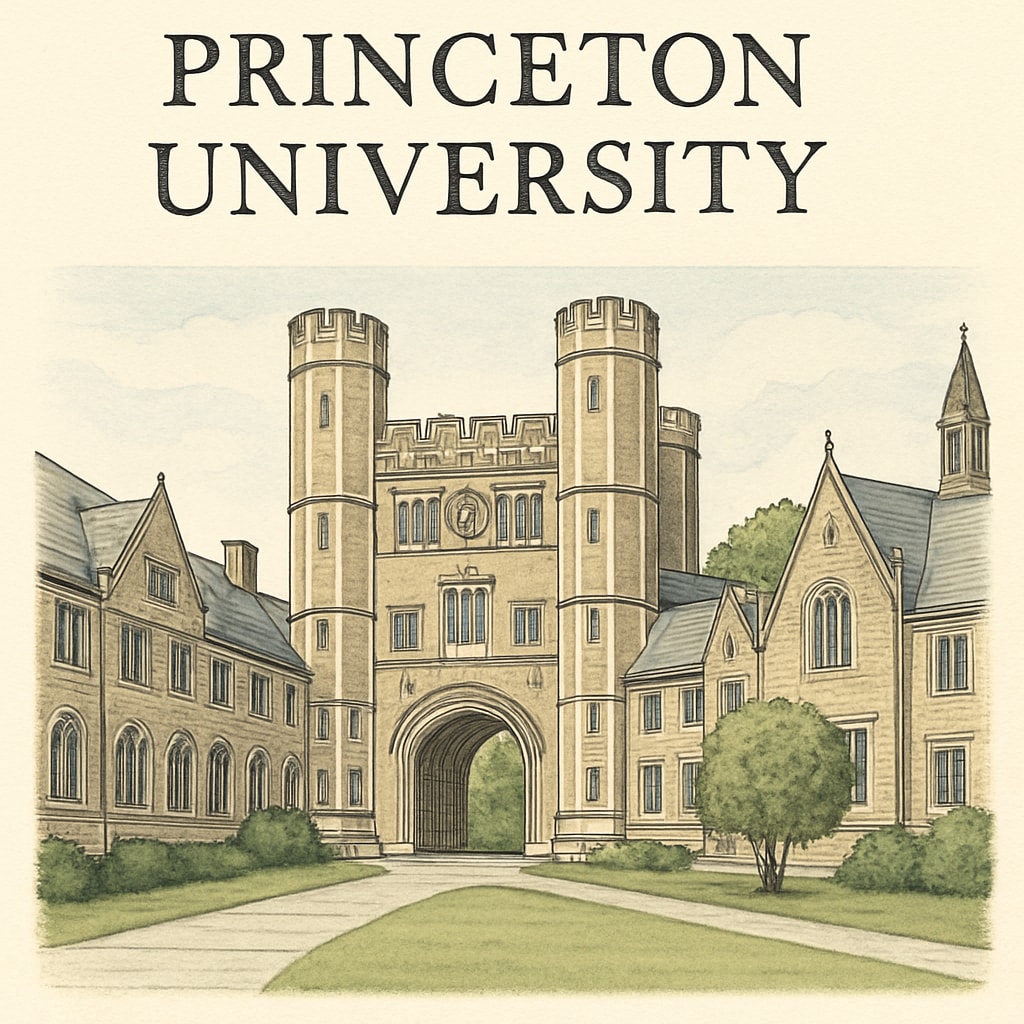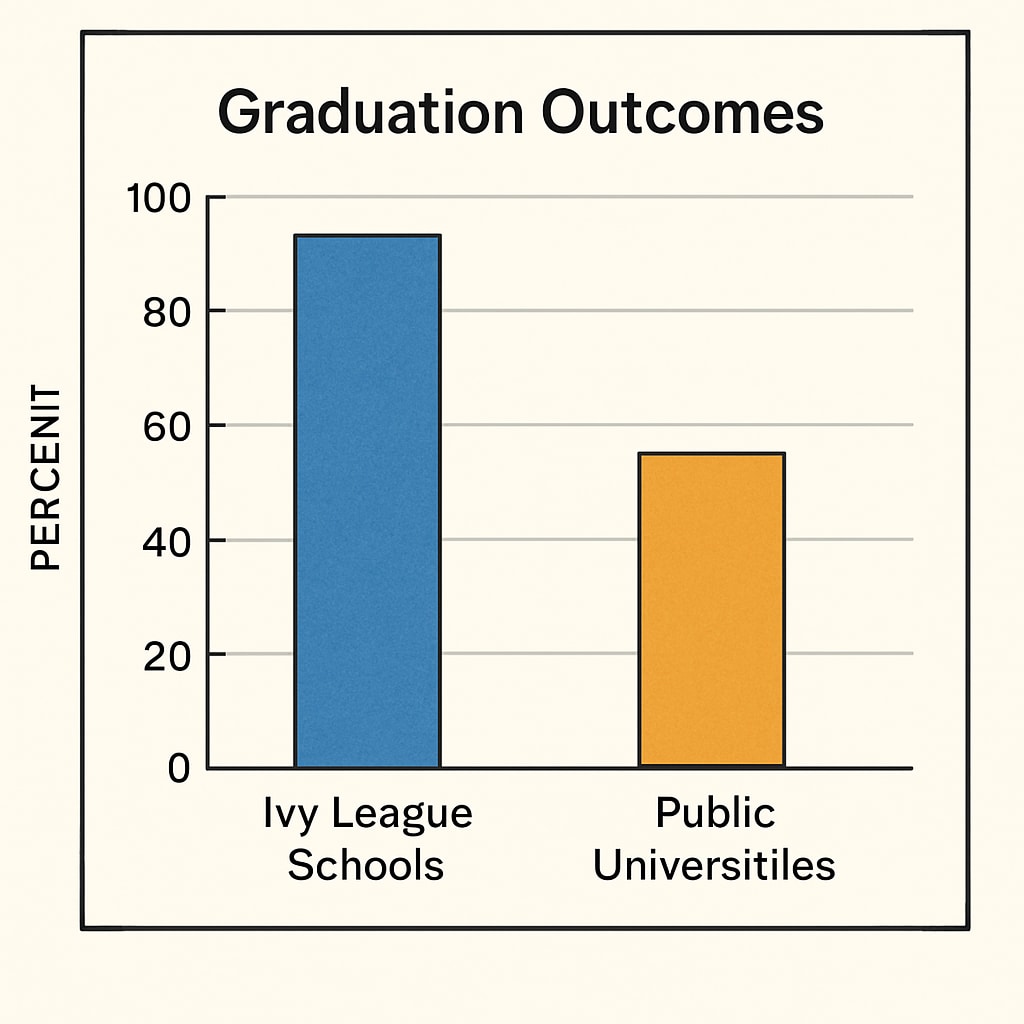The names Princeton, Ivy League, and higher education often conjure images of prestige, exclusivity, and unparalleled academic achievement. These institutions are hailed as the pinnacle of educational success, yet their reputation frequently overshadows a critical analysis of their actual impact on society and students. Are Ivy League schools truly delivering unique value, or is their prestige built upon an overrated myth?

Do Ivy League Schools Truly Offer Superior Education?
Many argue that the Ivy League institutions, including Princeton, offer superior education due to their faculty, resources, and networks. However, the tangible benefits of attending these universities often fail to match the overwhelming societal hype. For example, studies have shown that graduates of non-Ivy institutions frequently achieve similar career success, provided they possess comparable drive and skills. This raises the question: is the Ivy League’s reputation primarily a product of historical elitism rather than demonstrable educational superiority?
Furthermore, the exclusive admissions process of Ivy League schools exacerbates inequality. Wealthy families can afford private tutoring, extracurricular enrichment, and legacy admissions, giving their children an unfair advantage. This perpetuates a cycle of privilege rather than genuine meritocracy.

The Impact on K-12 Students: Unrealistic Expectations
The glorification of Ivy League schools like Princeton has significant repercussions for students in K-12 education. Many students feel pressured to excel academically and participate in countless extracurricular activities, all in pursuit of a slim chance to join these elite institutions. This can lead to burnout, anxiety, and an unhealthy fixation on external validation rather than intrinsic learning.
Additionally, the narrative that Ivy League schools are the ultimate goal diminishes the value of other higher education institutions. State universities and technical colleges, which often provide specialized programs tailored to specific industries, are overshadowed by the Ivy League’s broad yet often impractical liberal arts focus. As a result, students may overlook opportunities better aligned with their interests and career goals.
Reimagining Higher Education Priorities
It’s time to question whether society’s fixation on Ivy League schools like Princeton serves the greater good. Instead of perpetuating the myth of their unparalleled prestige, we should focus on creating equitable access to quality education across all institutions. This would involve investing in public universities, reducing tuition costs, and ensuring that students have access to diverse academic pathways.
Moreover, redefining success in education—moving away from prestige-driven metrics and focusing on individual growth—could alleviate the pressure on K-12 students. Encouraging students to pursue institutions that align with their passions and potential, rather than societal expectations, would foster healthier educational outcomes.
As Princeton and other Ivy League schools continue to dominate public perception, the question remains: are they truly contributing to a fair and equitable educational landscape, or are they perpetuating systems of privilege and elitism? Only by challenging these assumptions can we unlock the true potential of higher education for all.
Readability guidance: This article uses concise paragraphs, incorporates lists where applicable, and maintains a balance of active voice and transitional phrases for clarity and flow.


